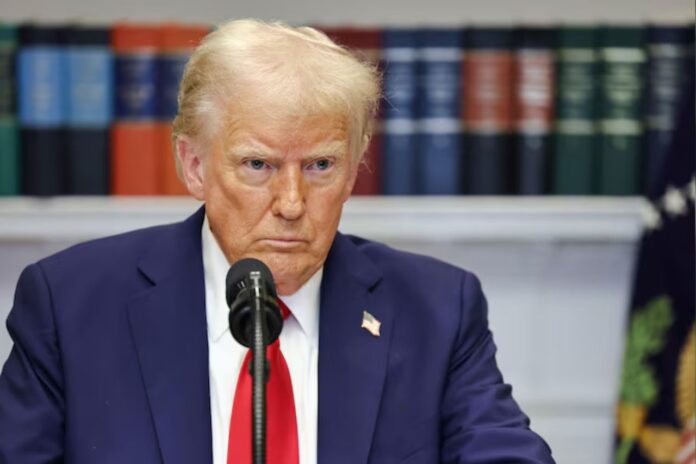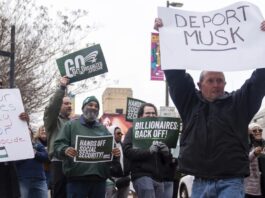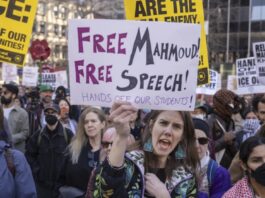The Trump administration made headlines Thursday by suing Chicago over its sanctuary city policies. This marks another chapter in the ongoing clash between federal authorities and local governments that choose to limit cooperation with immigration enforcement. Here’s what’s happening and why it matters.
What’s the Lawsuit About?
The lawsuit claims Chicago’s sanctuary laws—and Illinois state policies—“thwart” federal efforts to enforce immigration laws. According to the filing, these local rules allow criminals who should be deported to remain free in the city.
The federal government has been ramping up its campaign against sanctuary cities, which refuse to assist federal immigration agents by limiting local law enforcement’s involvement. Chicago, one of the nation’s most prominent sanctuary cities, is now in the spotlight, facing threats of funding cuts and legal battles.
A Long-Standing Tension
President Trump has frequently criticized Chicago and Illinois for their strong protections for immigrants. Federal officials, including “border czar” Tom Homan, have even visited Chicago to announce stricter enforcement efforts.
The administration claims these measures are necessary to curb crime. However, studies show that immigrants—regardless of their legal status—are less likely to commit crimes compared to native-born citizens. Critics argue that the administration’s approach fuels fear and spreads misleading narratives about immigrant communities.
Funding on the Line
In a bold move, Attorney General Pam Bondi announced an end to Department of Justice grants for jurisdictions that don’t cooperate with federal law enforcement. This echoes earlier attempts by the Trump administration to withhold public safety funds from sanctuary cities—efforts that courts largely struck down.
Illinois Governor JB Pritzker pushed back, stating, “Unlike Donald Trump, Illinois follows the law.” He criticized the administration for making it harder to protect public safety, referencing Trump’s controversial pardons of January 6 rioters as an example of inconsistent enforcement priorities.
The Bigger Picture
Legal experts believe the administration’s lawsuits are about more than just the law—they’re intended to pressure local governments into abandoning sanctuary policies. Immigration advocates warn that this is only the beginning of a broader strategy to dismantle protections for undocumented individuals.
Kerri Talbot, co-director of the Immigration Hub, described it as “an ongoing attack on all fronts,” with potential threats extending to transportation funding and other critical areas.
Sanctuary Cities Aren’t Backing Down
Chicago officials remain steadfast in their commitment to being a sanctuary city. Mayor Brandon Johnson and other leaders are preparing to defend their policies in a congressional hearing, while the city has ramped up efforts to educate residents about their rights when dealing with immigration agents.
Cook County, which includes Chicago, also stands firm. Board President Toni Preckwinkle reaffirmed the county’s dedication to being a “fair and welcoming community for all.” Sheriff Tom Dart emphasized that his office complies with all laws but does not enact immigration legislation.
What’s Next?
As this legal battle unfolds, it’s clear that the fight over sanctuary cities is far from over. While the Trump administration is pulling out all the stops to enforce its immigration agenda, cities like Chicago and states like Illinois are preparing to stand their ground.
At its core, this issue isn’t just about laws—it’s about the values and priorities of communities across the nation. The question remains: How far will each side go to defend its stance?
Stay tuned as this story develops, because it’s not just about Chicago—it’s about the future of immigration policy in America.













